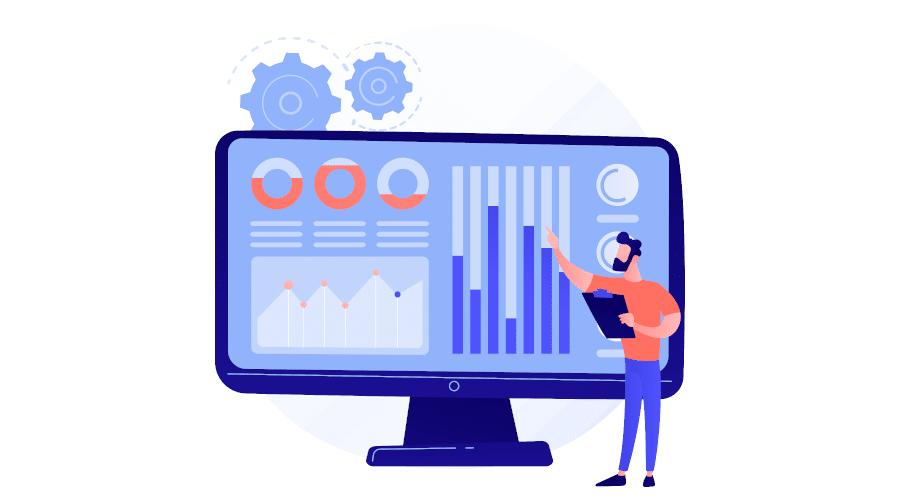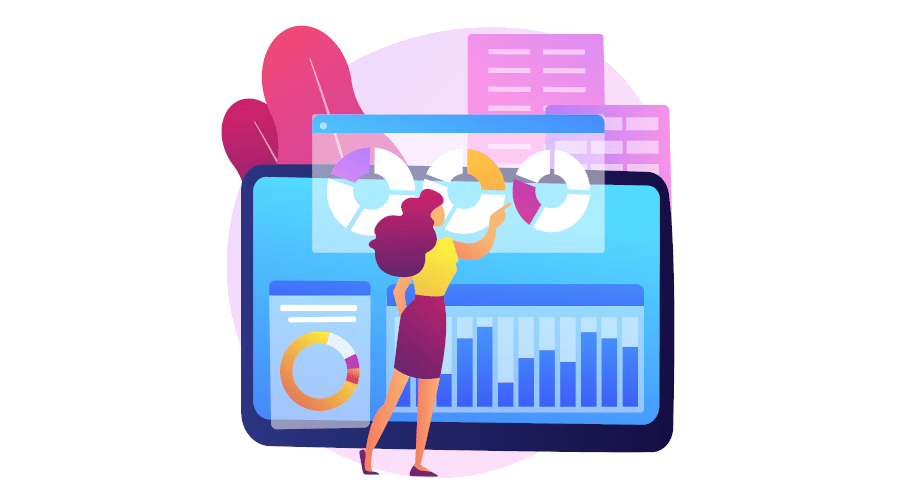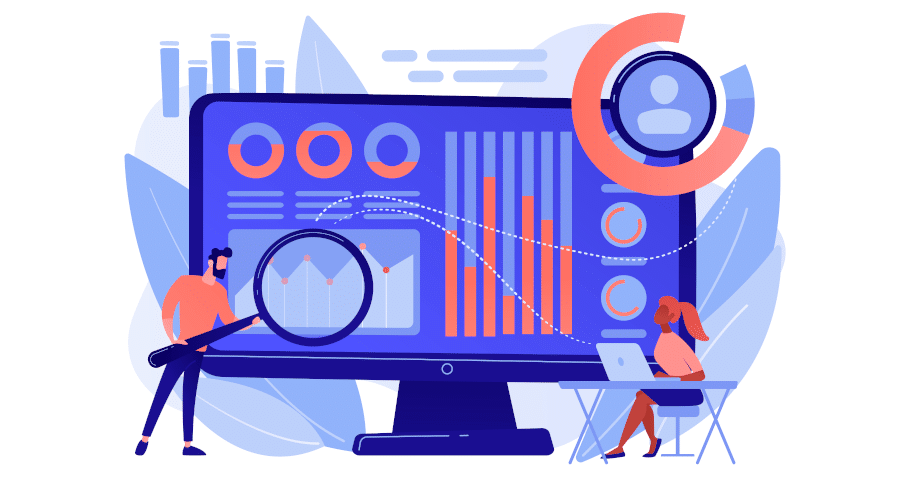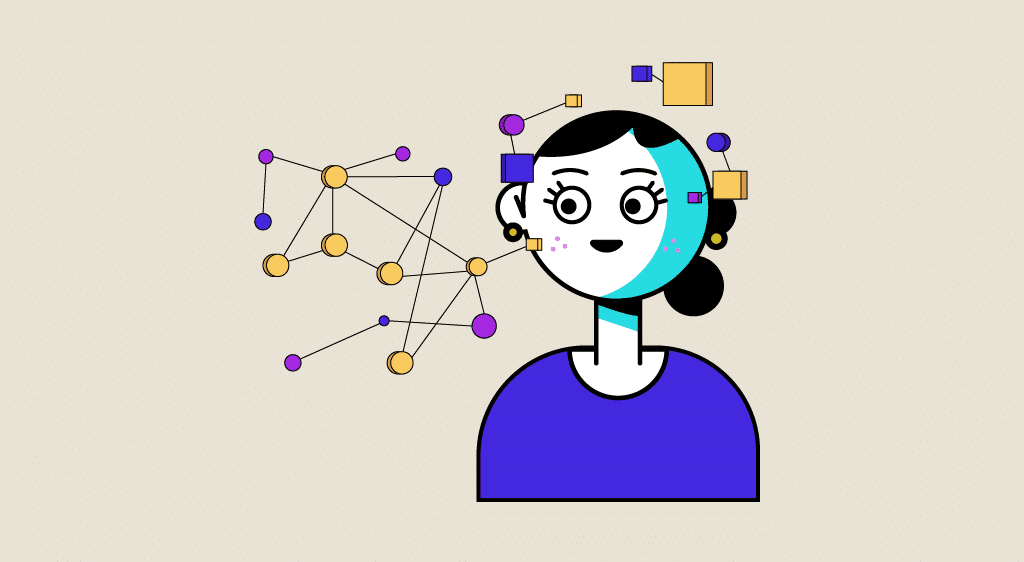In an ever-changing digital landscape, companies are looking to understand and maximize the impact of their online strategies. This is where the essential role of the Digital Analyst comes in. In this article, we explore his or her role, key missions and the skills required to succeed in this rapidly expanding field.
What is a Digital Analyst?
A Digital Analyst is an expert who collects, analyzes and interprets digital data to help companies understand and optimize their online performance. He or she draws on a variety of data sources, such as websites, social media, online advertising campaigns and mobile applications to gain valuable insights into user behavior and market trends.
Thanks to their analytical expertise, Digital Analysts provide strategic recommendations aimed at improving results and achieving corporate objectives.

What does a Digital Analyst do?
The Digital Analyst’s missions vary according to the company’s structure. Here are the main tasks of a Digital Analyst:
Data collection and analysis.
The Digital Analyst is responsible for gathering data from a variety of digital sources. He/she uses specialized tools and technologies to extract relevant information, then analyzes this data to identify trends, patterns and opportunities for improvement.
Performance evaluation
The Digital Analyst evaluates the performance of digital channels such as websites, social media, advertising campaigns and so on. They measure key performance indicators (KPIs) to assess the effectiveness of digital initiatives and identify areas for optimization.
Reports and presentations
The Digital Analyst prepares detailed reports on the results of data analysis and presents them to the company’s stakeholders. These reports help inform strategic decisions and guide future digital initiatives.
Campaign optimization.
Using the information gained from analysis, the Digital Analyst identifies opportunities for improvement and makes recommendations for optimizing digital campaigns. They also test different approaches and strategies to maximize results.
Technological watch
In a constantly evolving field, the Digital Analyst is constantly on the lookout for new technologies, market trends and best practices. He/she ensures that the company adopts the most advanced tools and methodologies to remain competitive.

What skills does a Digital Analyst have?
A Digital Analyst needs different qualities to be able to carry out his missions. Here are the main skills of a Digital Analyst :
Analytical skills.
The Digital Analyst must possess strong analytical skills to interpret digital data, detect trends and patterns, and formulate strategic recommendations based on tangible evidence.
Mastery of analysis tools.
It is essential for a Digital Analyst to master data analysis tools such as Google Analytics, Adobe Analytics, Tableau and others. These tools enable them to extract, manipulate and visualize data efficiently.
Knowledge of digital marketing
A thorough understanding of digital marketing principles is essential for a Digital Analyst.
He or she needs to be familiar with the various online marketing strategies, conversion concepts, attribution models, and so on.
Communication skills.
The Digital Analyst must be able to communicate the results of his analyses clearly and concisely to the various stakeholders.

How much does a Digital Analyst earn?
As for the salary of a digital analyst, it generally ranges from €38 to €50,000 per year for a junior, from €50 to €65,000 per year for a senior and from €70 to €80,000 per year for an expert. However, this also depends on the company and the tasks requested for the position on the job offer.
What training courses are available to become a Digital Analyst?
To become a Digital Analyst, you need to have a degree, Bachelor or Master. Curricula are geared towards expertise in statistical mathematics, digital marketing, communications and multimedia. The training courses leading to this position are diverse, and can be taken as part of a university curriculum, or at a business or engineering school.
If you’d like to learn more about data interpretation, campaign optimization and data tools in general, take a look at our Data Marketing training course on DataScientest!










